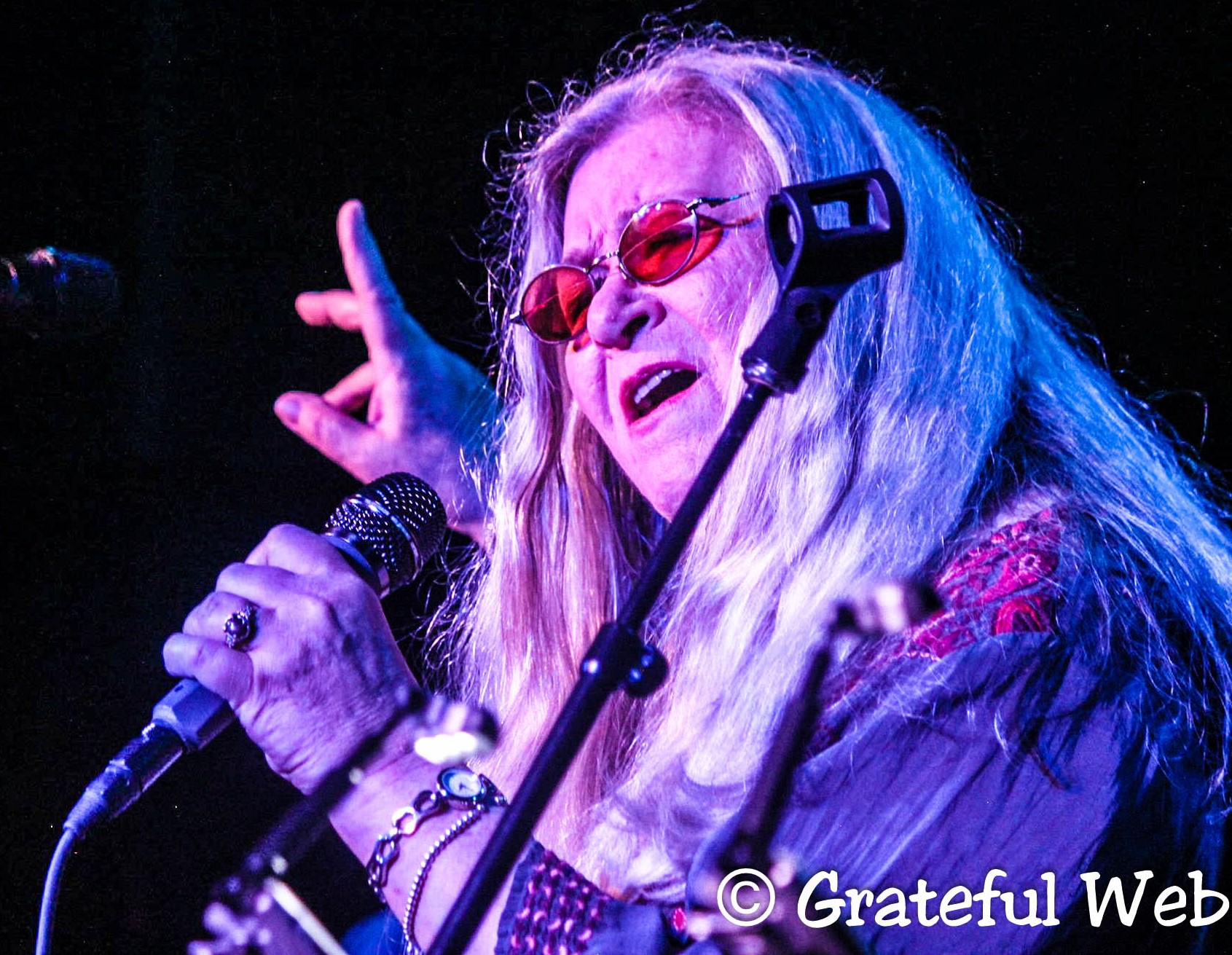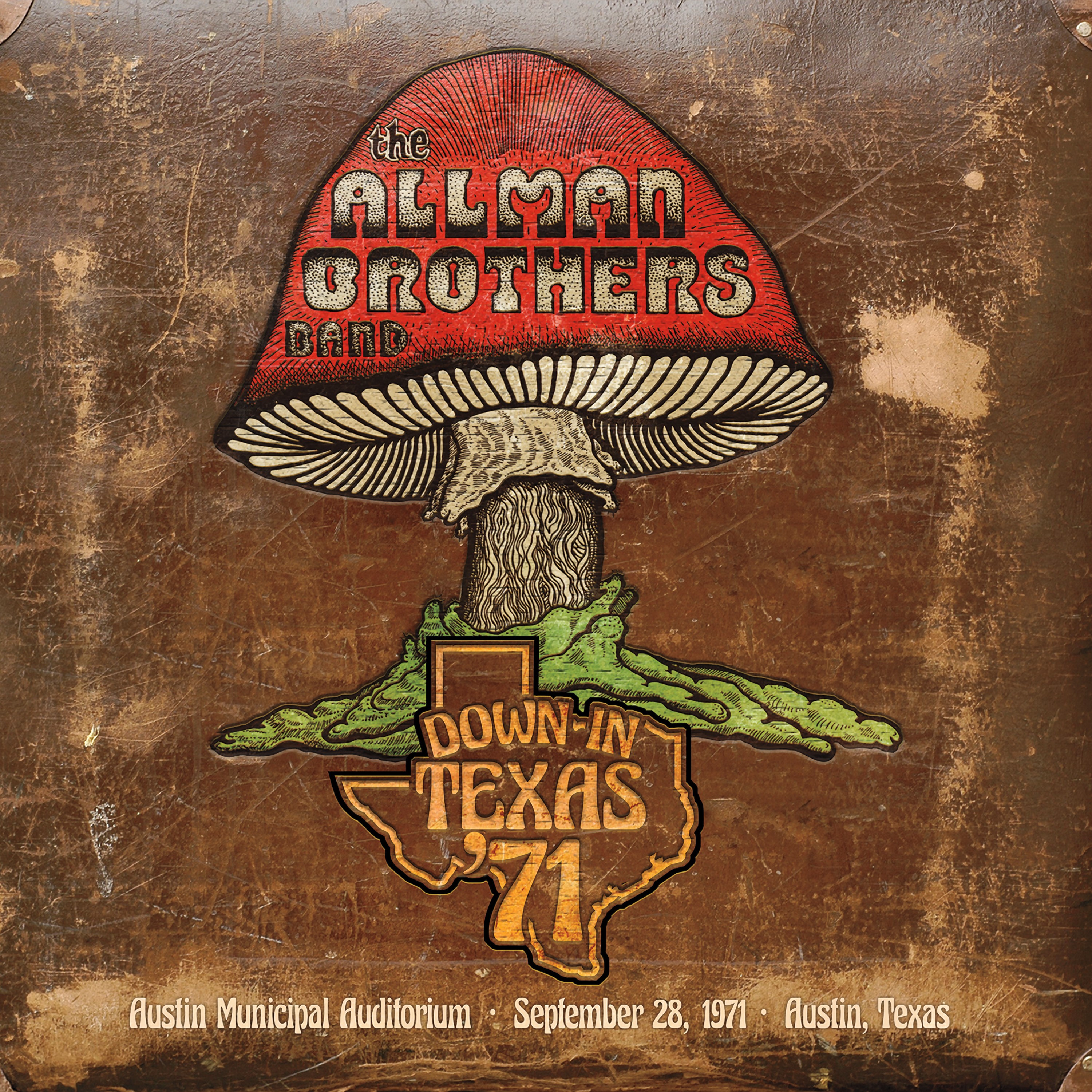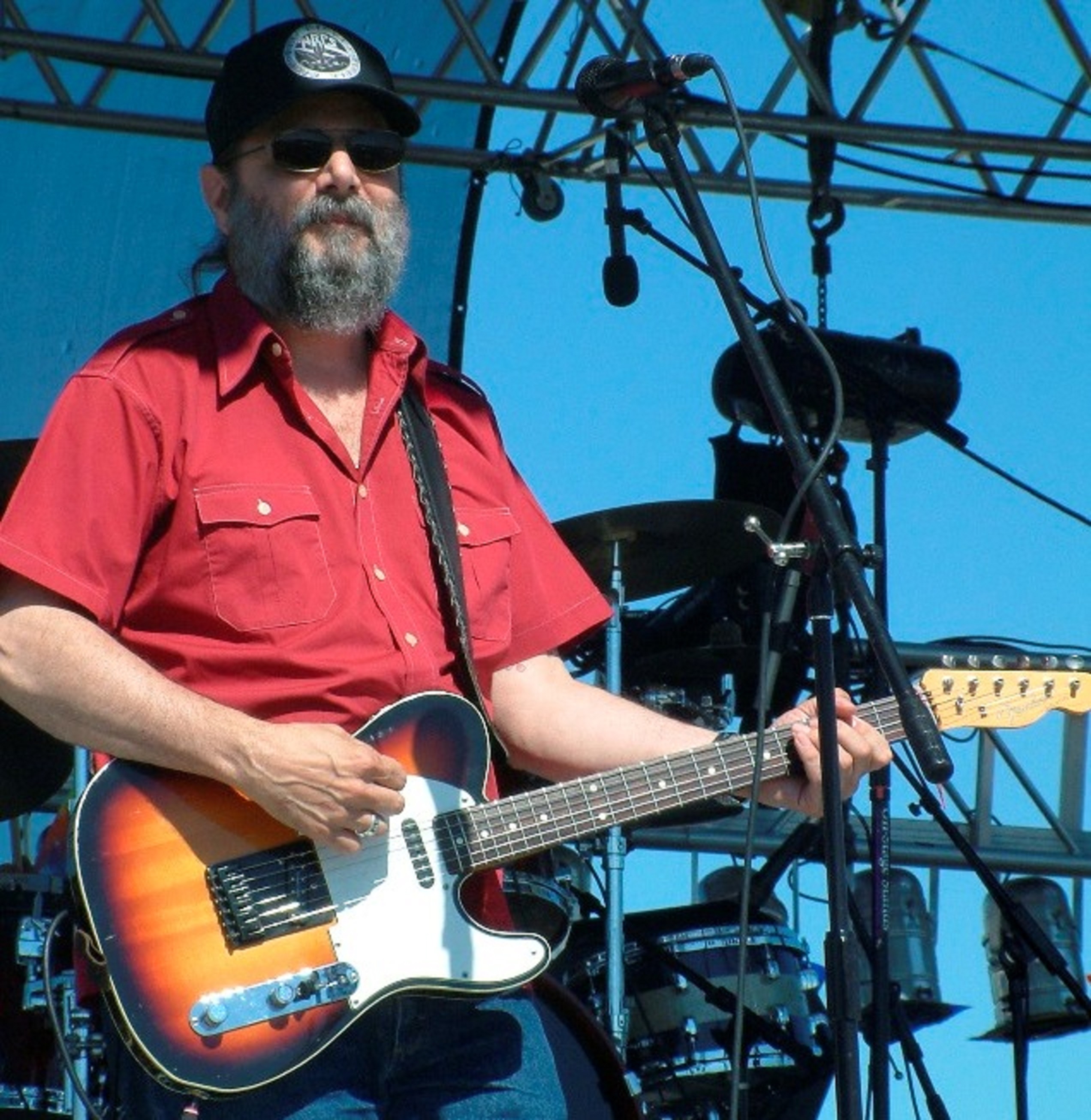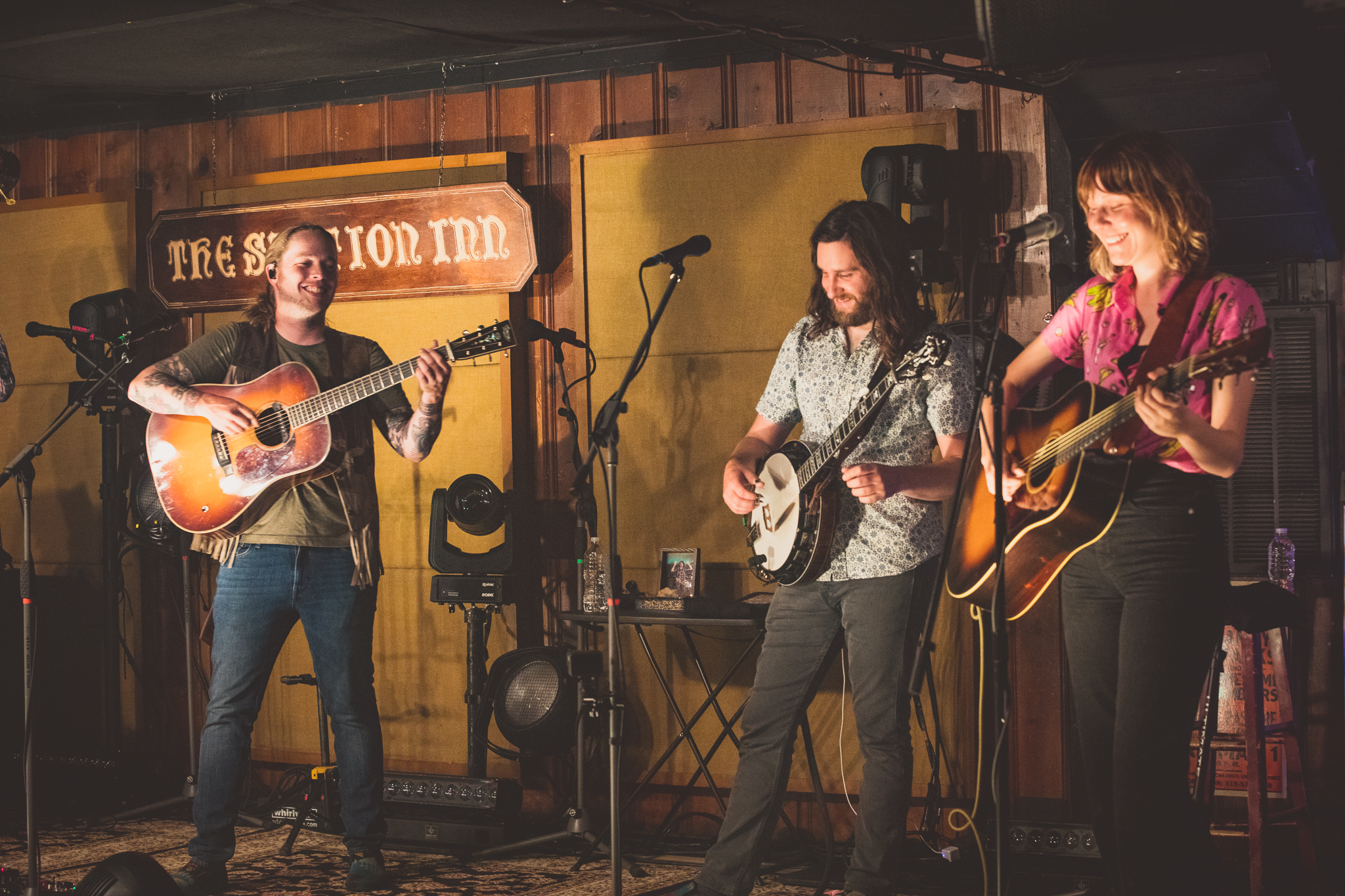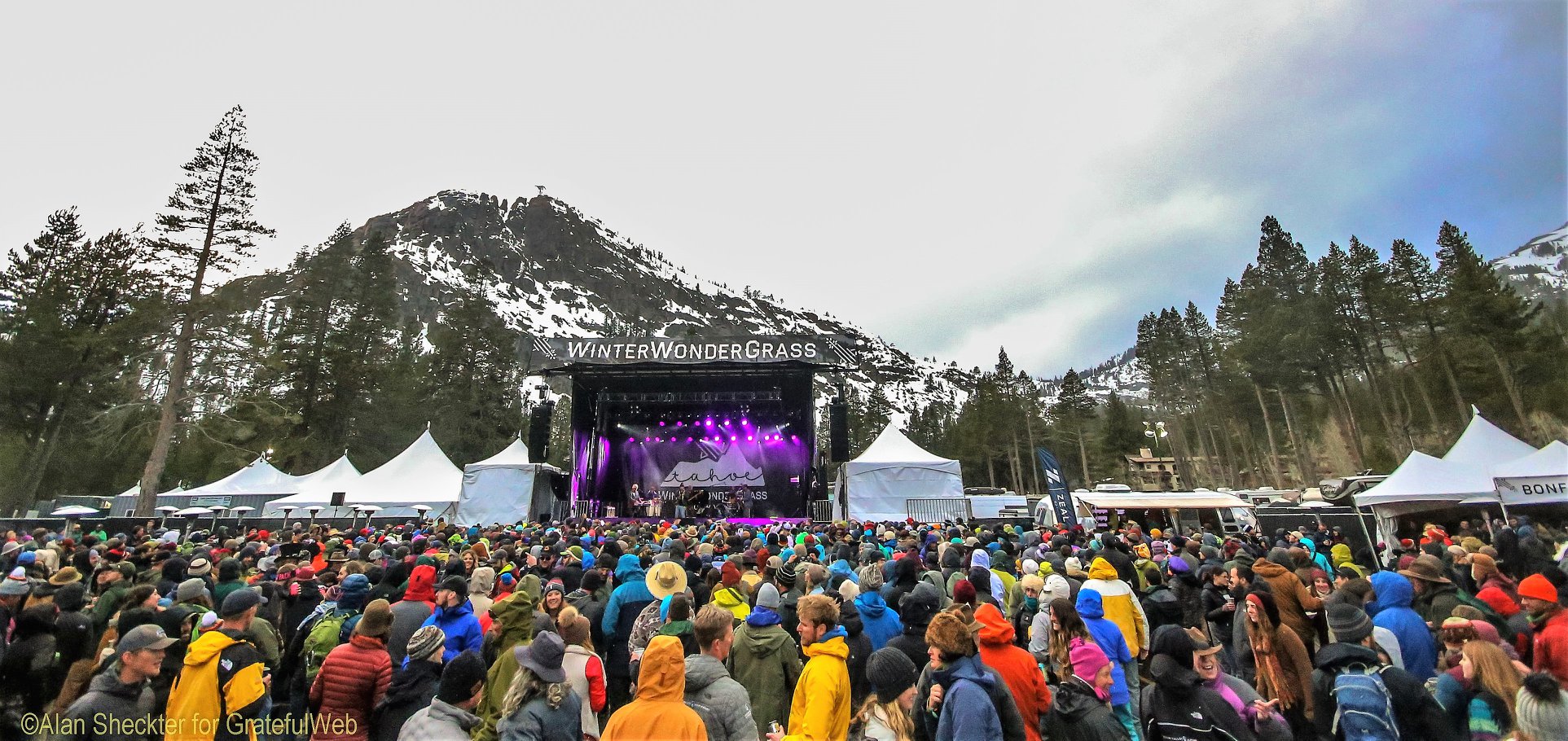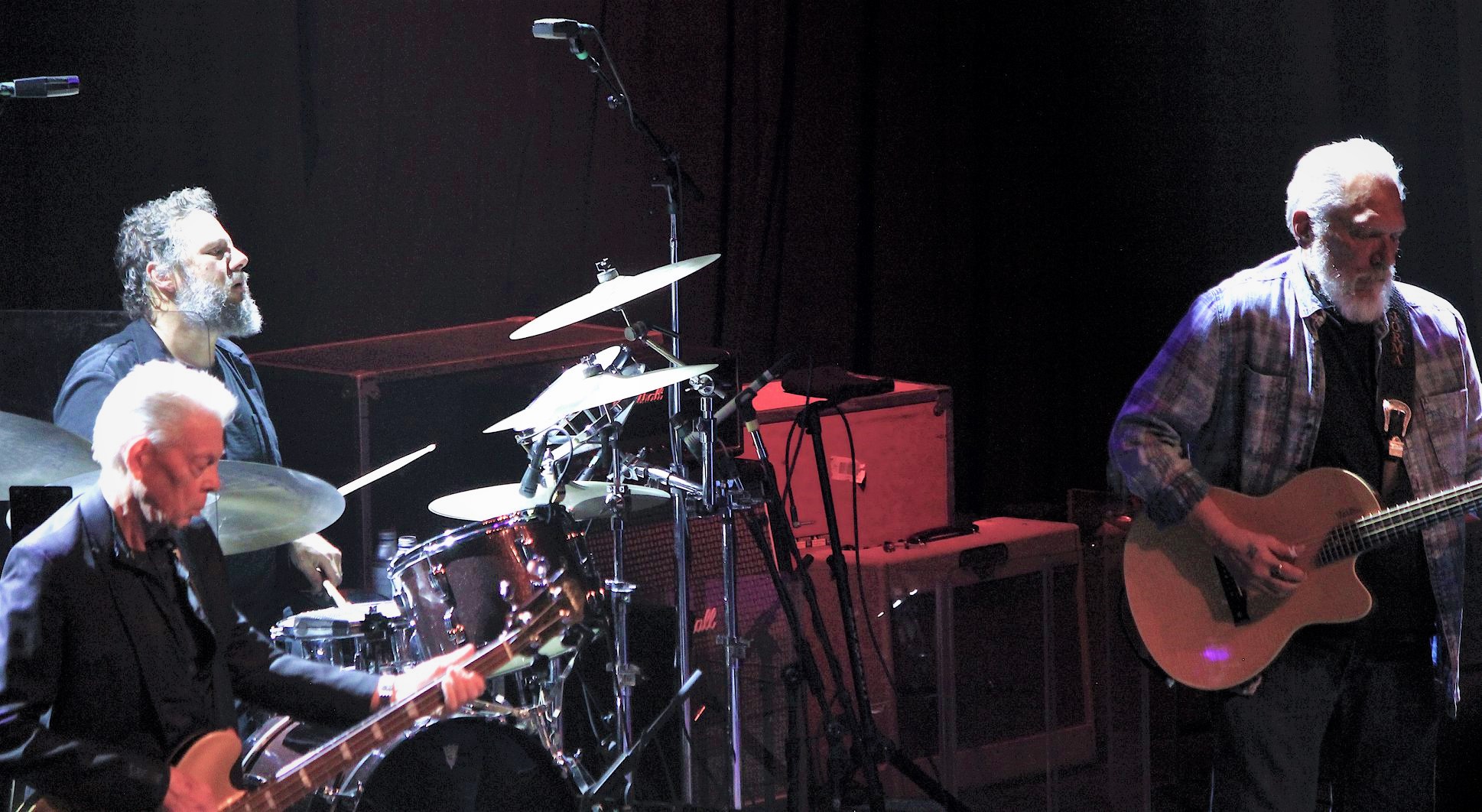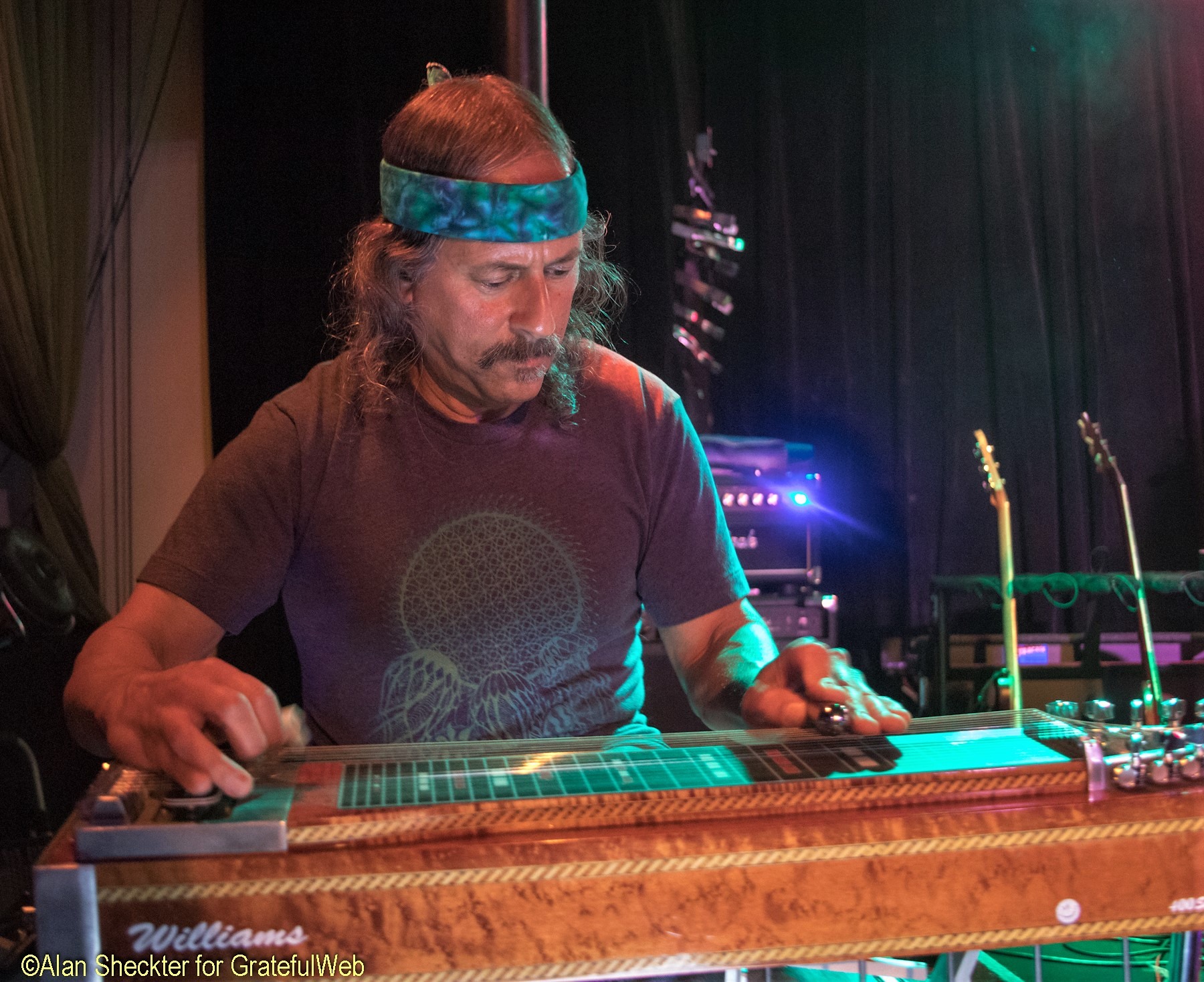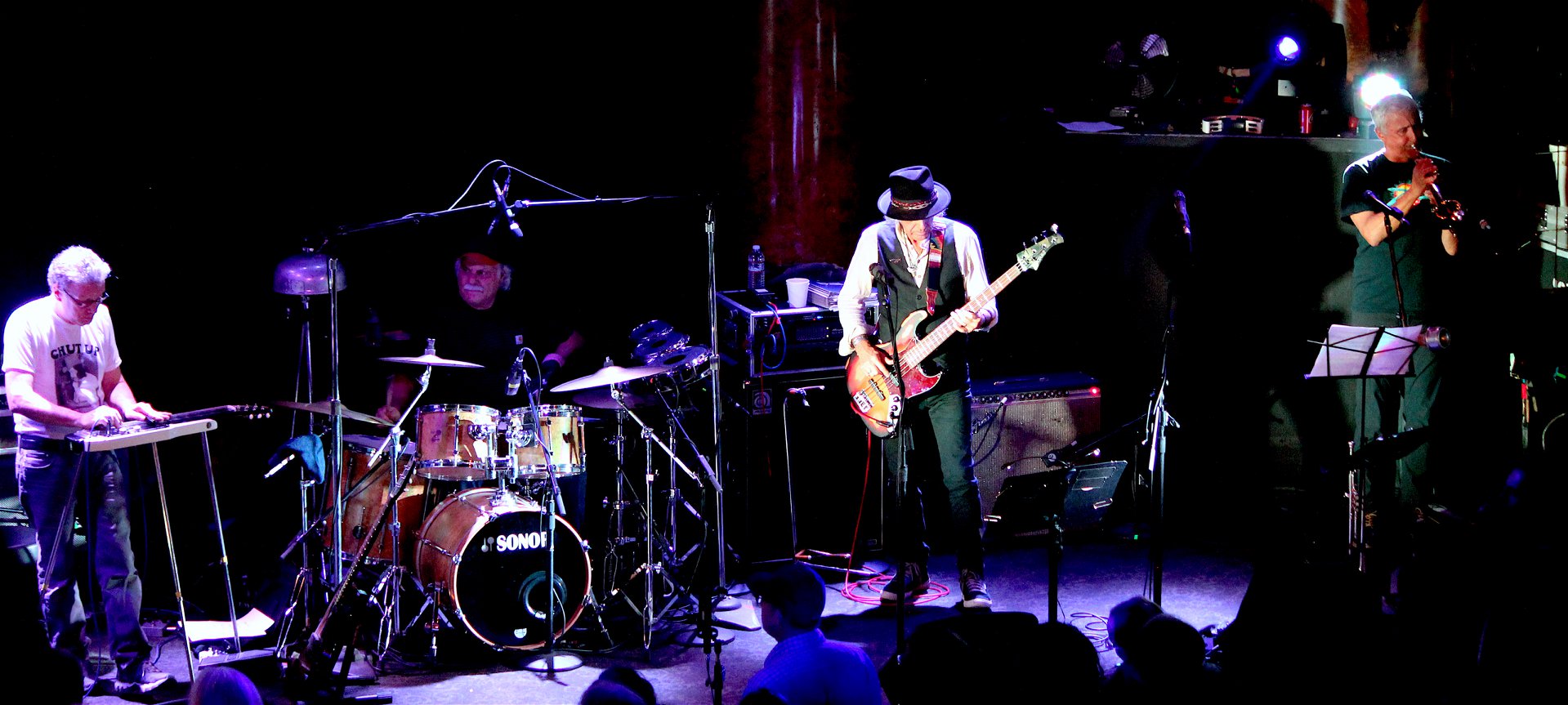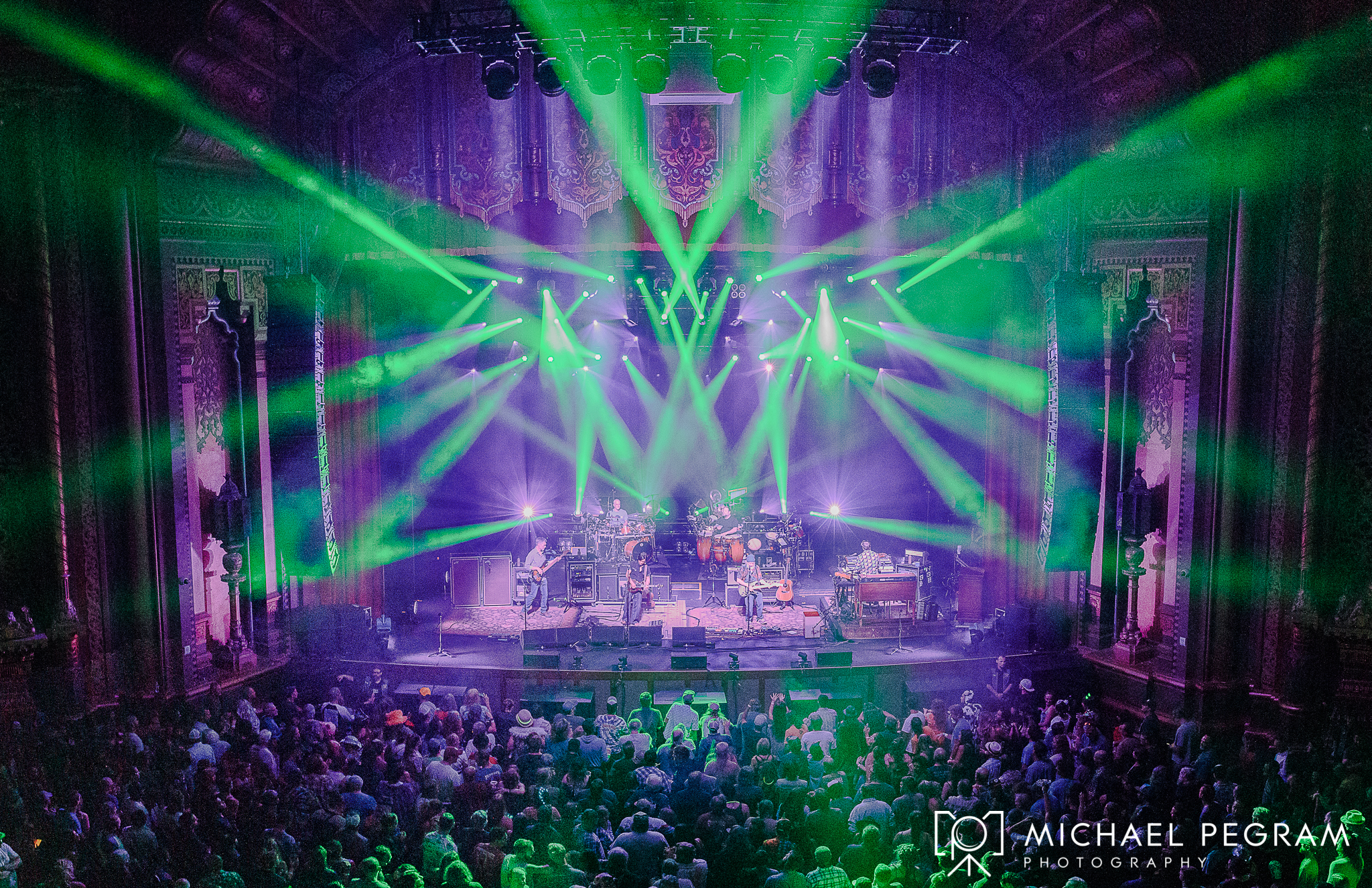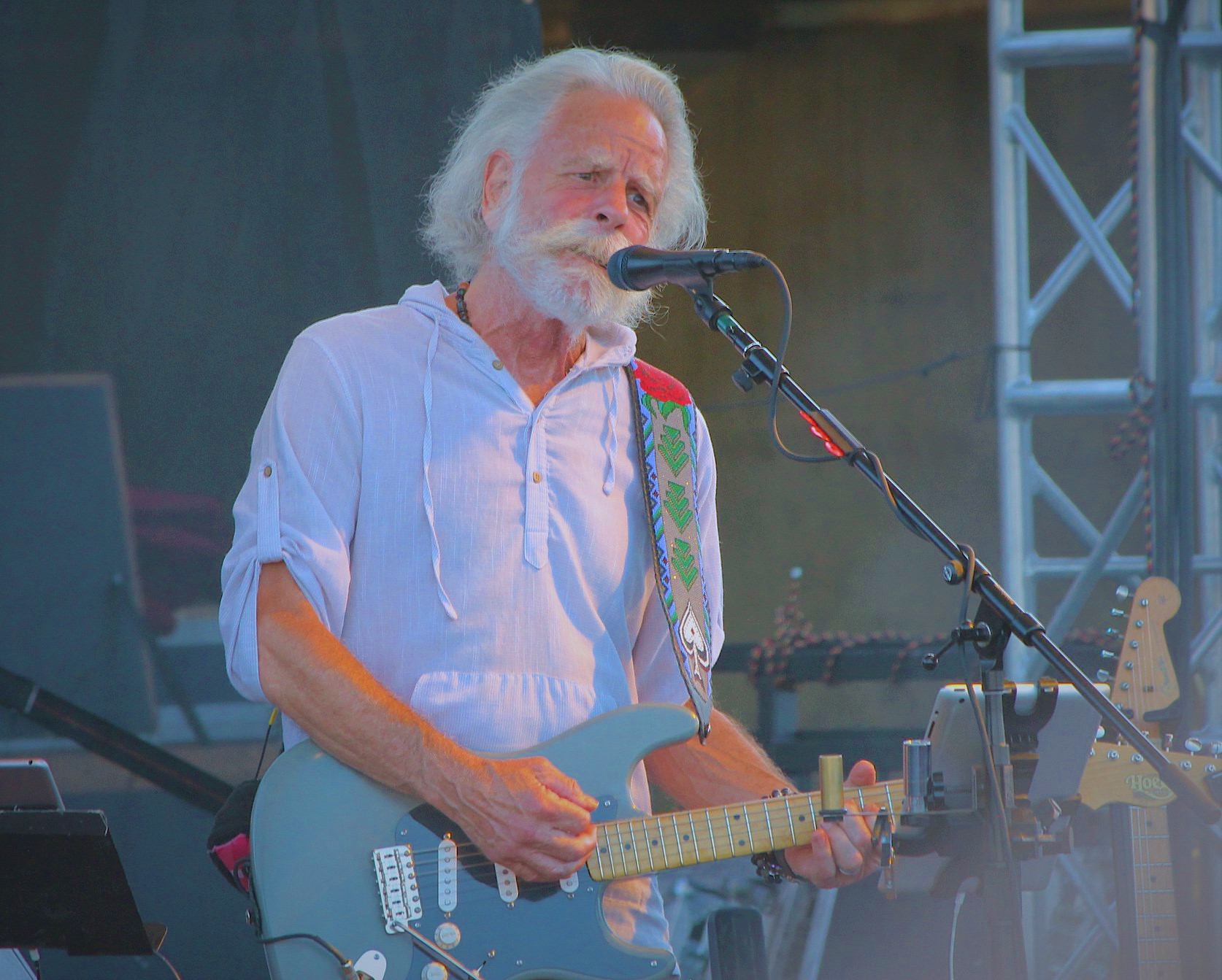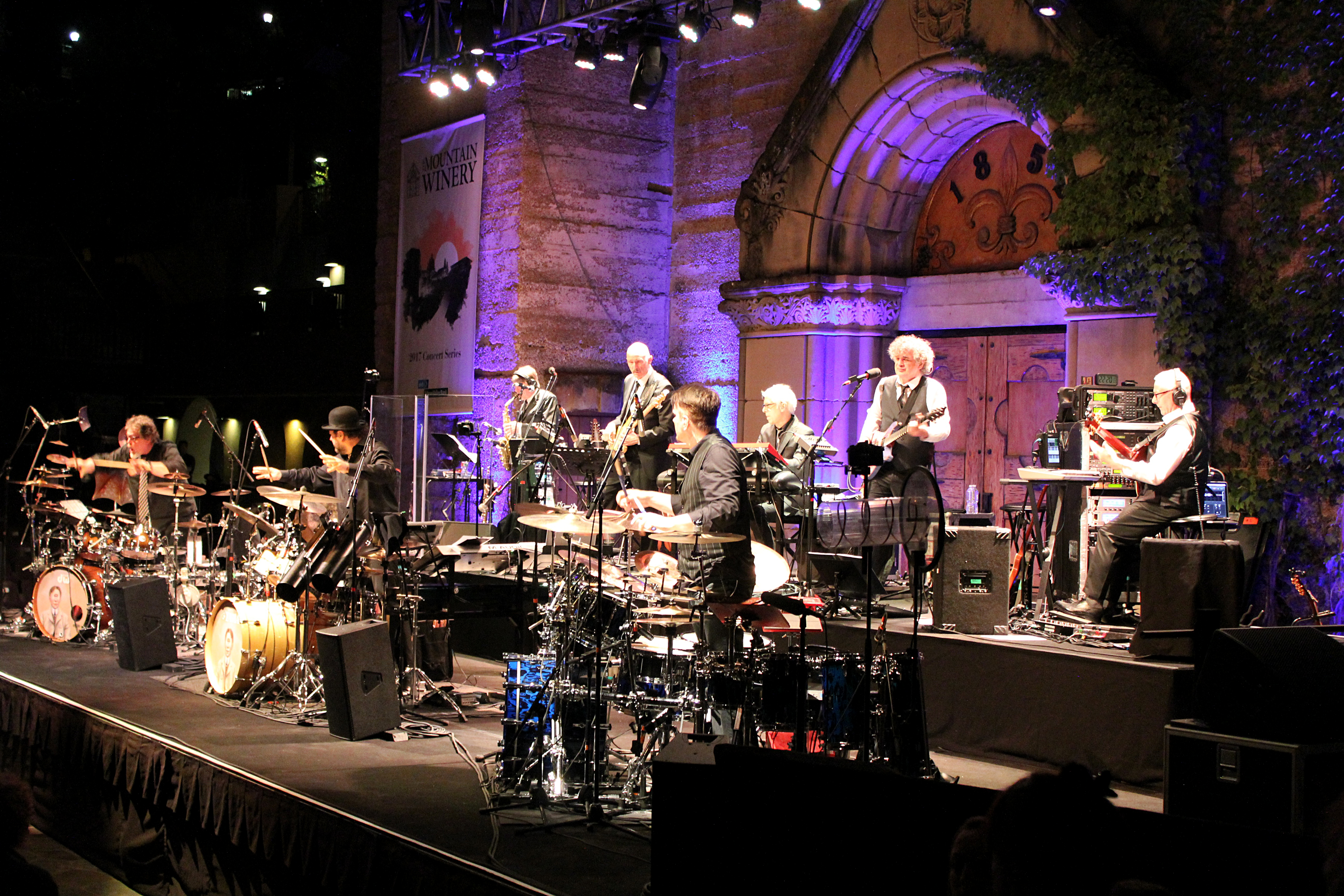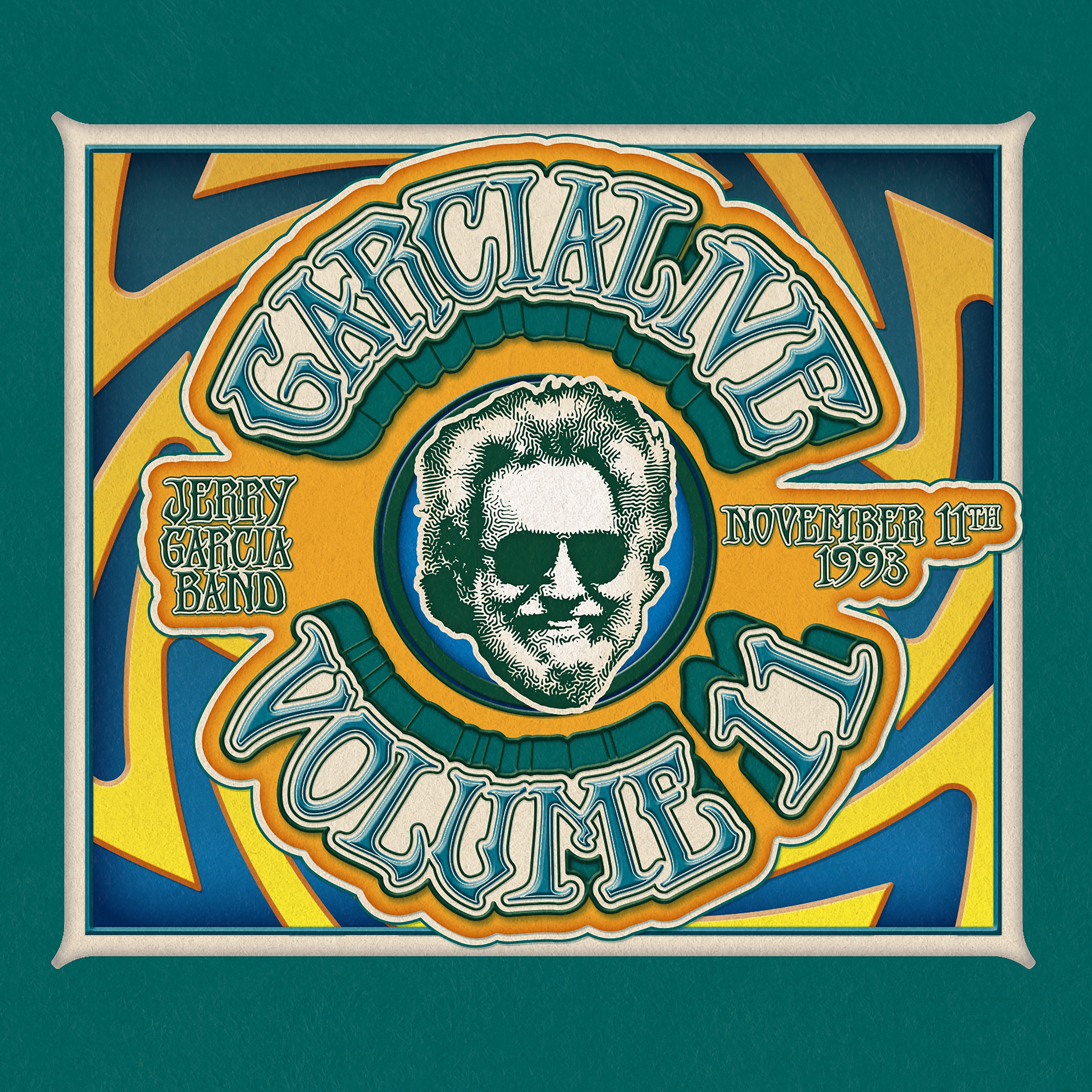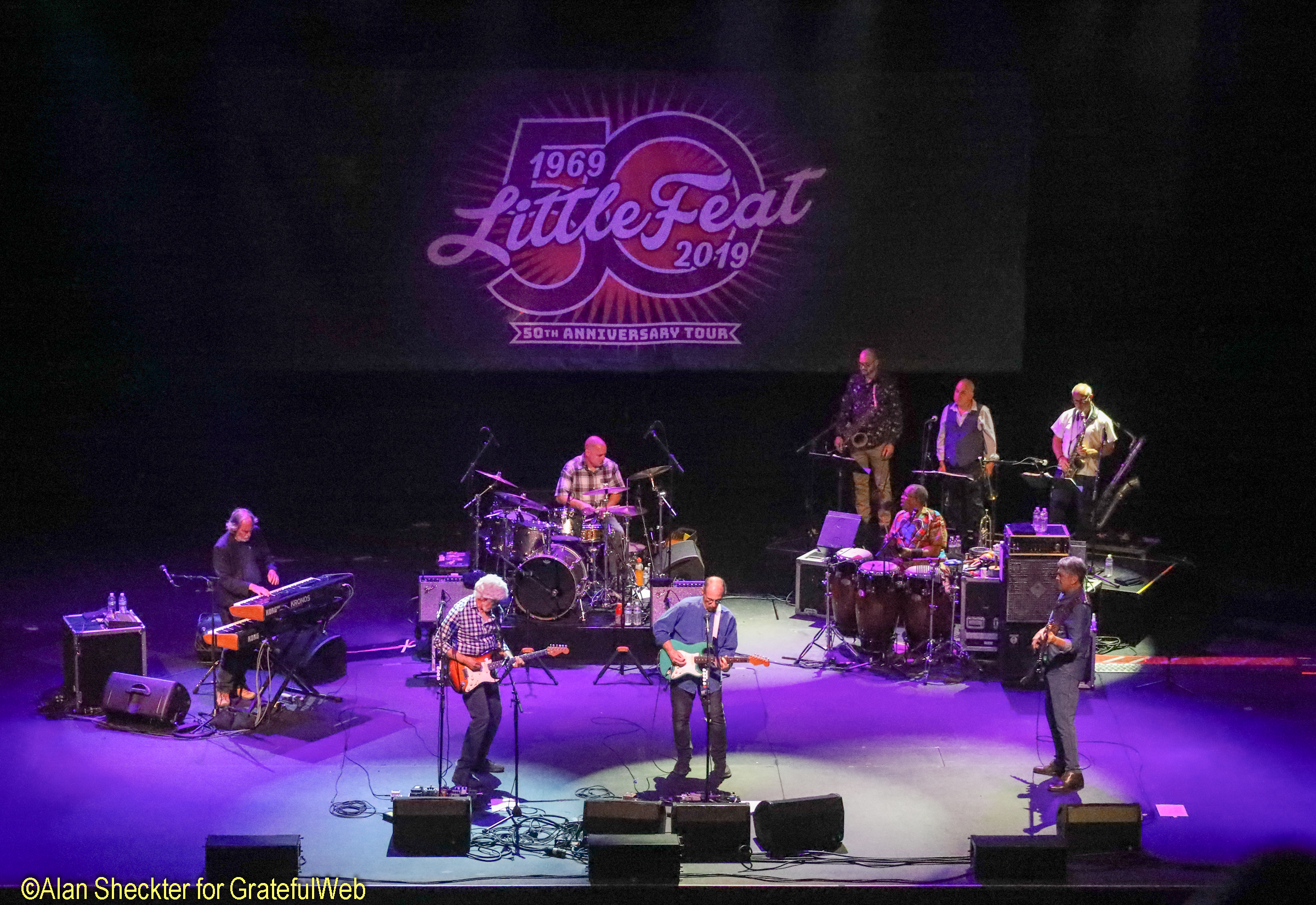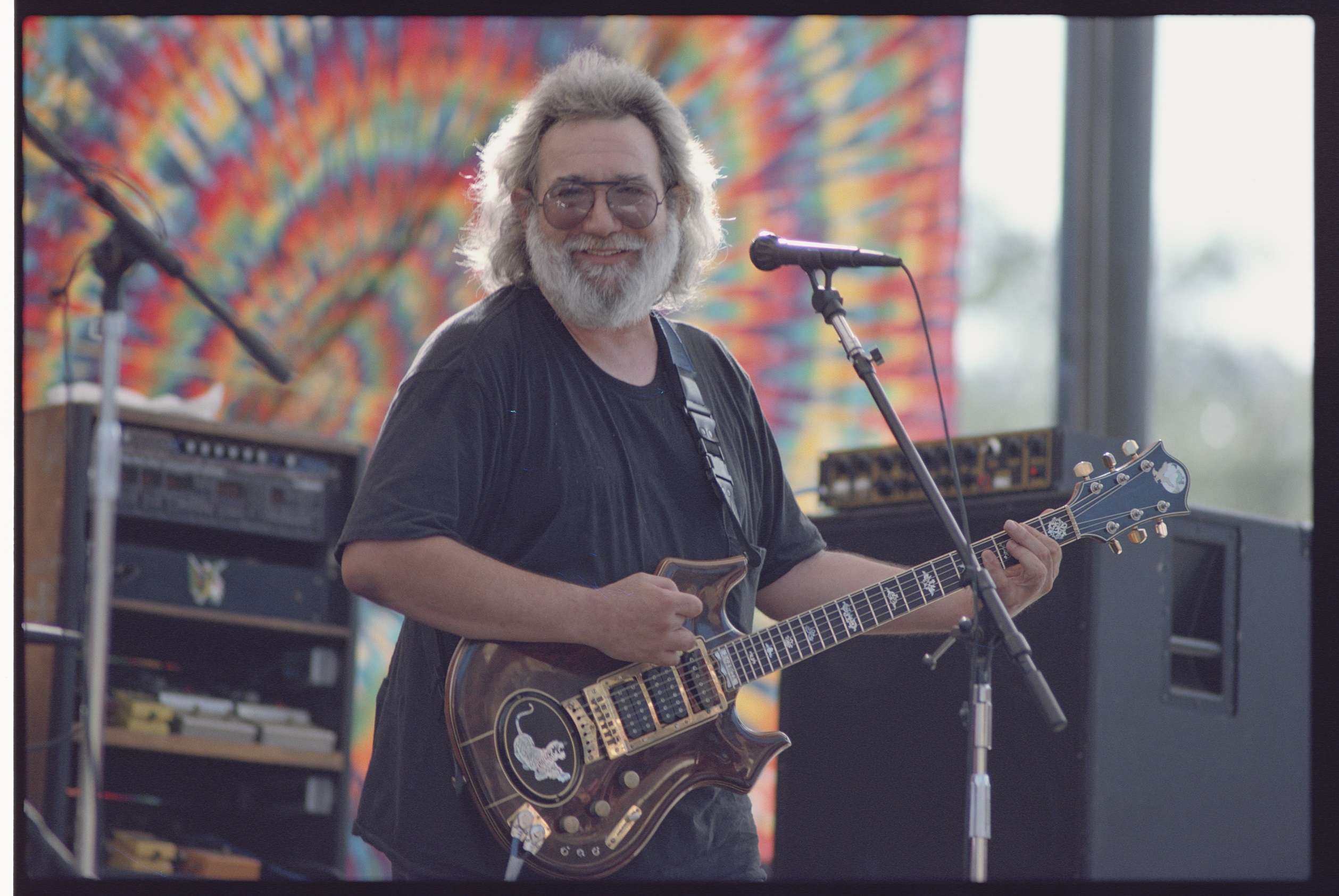Recently Grateful Web had another chance to speak with Santa Cruz, California based bandleader, singer, and songwriter Steven Graves. His seventh studio album Captain Soul is indeed his most personal statement to date. In conversation with Dylan Muhlberg, Graves opened up about the collaborative nature of his studio time, music as a guide to self-awareness, and his spirituality as a creative vehicle. His most rocking record yet exposes an artist on a peak of his own journey.
GW: Where does Captain Soul find you? What has happened since [your last album] Mission Bell?

SG: I made a decision early on that this was my own private journey, though I love to share it with others. Ultimately the artistic decisions and process had to reflect my own authenticity, which had to be the guiding light. I really feel like that came out on the record. I wanted to most represent what I am in the moment. As opposed to some of my other records, this one kind of created itself as it was being recorded. I didn’t wait until I had ten or twelve tracks backlogged and went to my band to learn it. I had four songs. We went in and recorded those, and while we were working on those a few more came out, and then a few more. Eventually we had eleven tracks. Every single track was new and was truly created during recording. It really is a reflection of my internal and external makeup as an artist and as a human. I’m diving into this incredible process of creating and producing music.
GW: I admired Captain Soul because it revealed a different side of your style. There’s a lot going on here. There’s organ, there’s soul singing, there’s raw rock ‘n’ roll. What gels it together thematically is the idea of looking toward the future with a glimmer of hope. What inspired you to bring this collection of songs together?
SG: There’s a point where I can no longer separate my own life from the music. There’s this fabric of intertwining between the two. The beautiful thing about this record and the process of creating and writing songs is it allows me to dive deeper into my own soul. It was an unearthing of that glimmer of hope you spoke of. We really don’t have a clue and are trying to do the best we can as the human race to try and progress, to find meaning and joy in our lives. We get knocked on our butts sometimes. Sometimes there’s darkness coming at us from either inside or the external world. It really is an intense time to be alive during and music for me is a place to express all that. I’d like to think a lot of people could relate to that, even with the entire struggle out there. I like the idea of being positive and giving hope. But sometimes the world can hold us back, rejoice then retreat. I’m about having the whole range of emotion in the music.
This record did have a bit more of a rock edge to it, because of where I was and what was moving through me. It felt good to write some of these songs and let them rock out. To be on that wavelength when the music was coming through.

GW: There’s this collaborative live studio feel to it. Almost like a Muscle Shoals recording. Some of those big tracks on there especially. I know you’ve got a solid touring band. Who plays with you on the record?
SG: This record was a little bit different. It was the Steven Graves Band that was responsible for this, though in total there are twenty-four musicians. Captain Soul took a year and a half to put together so there are a few personnel changes. Essentially I wrote the material and we recorded it live in analog. This record has that live raw energy to it. That came from the new music feeling good to all of us. We didn’t need to try it out on tour or anything; we wanted to capture that fresh feeling almost on the spot. I think you can feel that in the tracks.
In Santa Cruz we have a community of world-class musicians. Many of us are friends and co-collaborators. I got a lot of them that have been on most of my records to participate, to add their particular flavor. It’s a remarkable process of community. While most of these songs were birthed by my songwriting, it became a collective effort in the studio for sure. Some new musicians showed up on Captain Soul. Mike Rinta, plays a six-part trombone section on “Walk with Me.” He’s Bay Area based but is a world-class touring musician. He plays with Jimmie Vaughn. I’d never met him before and when came in he blew us all away. The harmony singers, Tammy Brown and Bryan Dyer and Alysha Antonino just came in and killed it. Especially on those big rock anthem songs, it became that sort of feel you got from an old Leon Russell or Joe Cocker recording, with those beautiful rhythm and blues backing vocals.

It was the beautiful process of collective conscious when you take an idea and watch it grow, develop and shape.
GW: So on that notion of collective consciousness, here in California we have a whole lot of diversity, different faiths, backgrounds and walks of life. Without getting to specific about, “What are your religious beliefs?” How did spirituality play into Captain Soul or any given performance of Steven Graves Band?
SG: Thanks for asking that. I am really a closet new ager. I don’t play “new age music,” but I really am at the core of my being a spiritual person. I truly believe that we are all here on planet Earth for more reason than to work and make money. We all have a purpose, something that we’re here to do. We are here to make a better world for each other and ourselves, as we become more authentic beings. Hopefully that begins to show up as we act accordingly.
For me, my spiritual path and music don’t separate. They are really one in the same. There are a couple of lines in the “Fly Like A Dove” song, which I actually got from Yogananda Paramahansa, who brought Yoga to the U.S. in the 1920s. He was an enlightened being who started a religious practice called The Church of All Religions. I love that. That is kind of where I come from. I think anyone who has a quest for spirituality should embrace it. Sometimes religious structure can interfere with the freedom of that. That’s where I orient myself. I don’t get bogged down in a whole lot of dogmatic religion. Still, I feel like my connection with the divine spirit helped me create this music. I try to stay out of it [laughs]. When the music comes through to me, it comes from a different source. It’s an intangible, mystical experience as I learn more about that process and myself. Hopefully it will produce great music. These are important matters to put into the context of music.
GW: We’re in an age of a lot of tension and divide, and in turn negativity transpires. What is the power in music in this whole mess?
SG: It’s beyond words expressing how deep the power of music can be. These songs are my church and my medicine. These songs continue to nurture me. Music makes us feel, which we need in this age of things being so instantaneous and fast. The actual process of feeling our own emotions is something we are getting further away from, because the world is complicated and sometimes can feel negative, so we shield ourselves from those emotions. Music gives us a chance to disappear into our feeling selves, rather than our mental selves, which can be full of expectation and judgment. We get to be completely present with the music and ourselves. When we gather collectively in live shows it’s an amazingly powerful process.

GW: Oh yeah. It’s what’s kept me away from throwing away hours in front of the TV. The live music element brings out a very special feeling that you can only get in that setting.
SG: I think of one the things that’s kind of an extraordinary experience for me and my band is that we are in a small percentage of touring bands/artists that play 95% original music. I have seven CDs, so we play all original music. The vast majority of the times we go to places, especially out of state on the road where people have not have heard of us, within a very short amount of time these folks are in with us. They’re listening, and getting it, and dancing with us. They’re completely engaged. That comes back to the band and this roller coaster ride we get to do for three hours. That is such a wonderful experience.
Also, on this record in particular these songs seem very accessible to people. It brings me joy to see some folks singing along to the chorus halfway thru a song they’re hearing for the first time. At the end of the day that’s probably the most satisfying thing as an artist. Like if this album were only for me, I’d probably be proud of it, but the fact that it has touched other people and could take them on a ride with us. It has nothing to do with ego, but rather the collective sharing of a resource. These songs came thru me and I was fortunate enough to decipher it and share it with the world. That is a magical and spontaneous thing I’m happy to be a part of.
Steven Graves is a guitarist, singer, and songwriter based out of Santa Cruz, California. He tours frequently in California and the Southwest. Captain Soul, Graves 7th studio album, is available on January 9th through his website StevenGravesMusic.com







